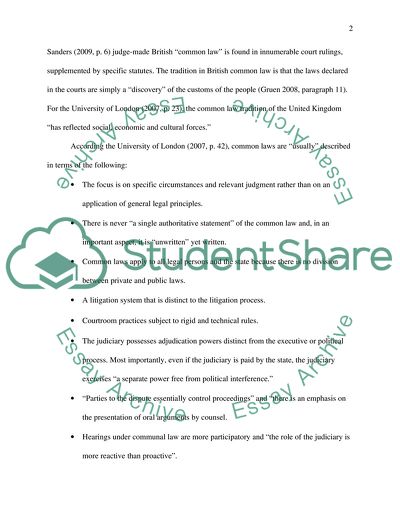Cite this document
(“British Common Law is Effective for Protecting the Environment Term Paper”, n.d.)
British Common Law is Effective for Protecting the Environment Term Paper. Retrieved from https://studentshare.org/law/1744075-the-common-law-is-ineffective-as-a-means-of-protecting-the-environment-in-the-21st-century
British Common Law is Effective for Protecting the Environment Term Paper. Retrieved from https://studentshare.org/law/1744075-the-common-law-is-ineffective-as-a-means-of-protecting-the-environment-in-the-21st-century
(British Common Law Is Effective for Protecting the Environment Term Paper)
British Common Law Is Effective for Protecting the Environment Term Paper. https://studentshare.org/law/1744075-the-common-law-is-ineffective-as-a-means-of-protecting-the-environment-in-the-21st-century.
British Common Law Is Effective for Protecting the Environment Term Paper. https://studentshare.org/law/1744075-the-common-law-is-ineffective-as-a-means-of-protecting-the-environment-in-the-21st-century.
“British Common Law Is Effective for Protecting the Environment Term Paper”, n.d. https://studentshare.org/law/1744075-the-common-law-is-ineffective-as-a-means-of-protecting-the-environment-in-the-21st-century.


